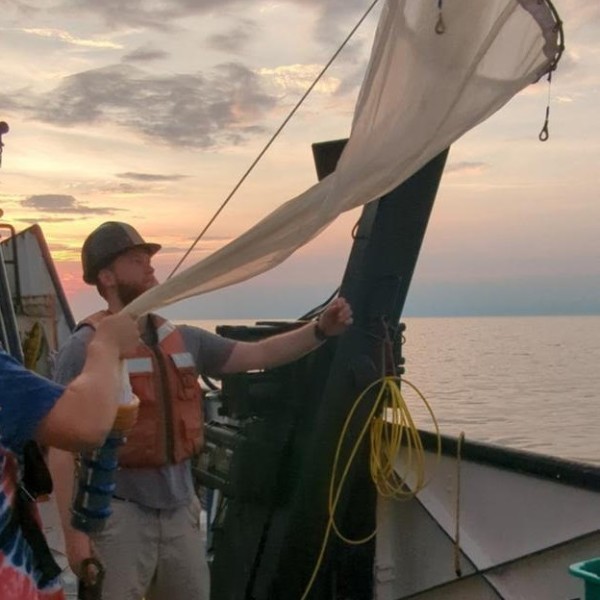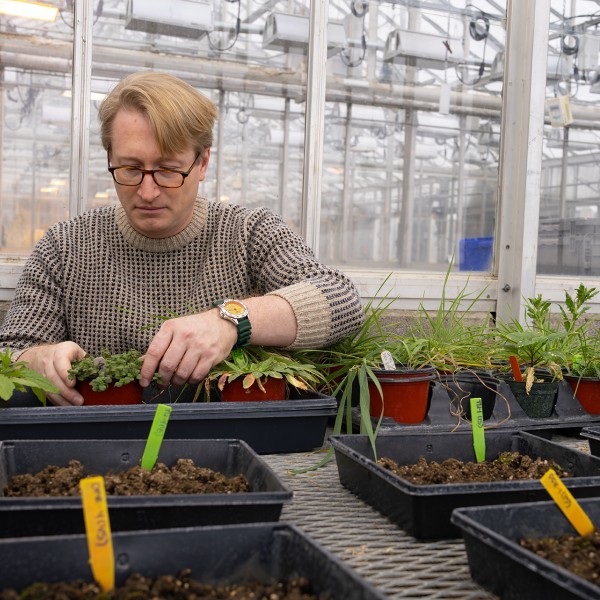Sustainability Commitment
Cornell University has been a global leader in sustainability since the early 1880s when our hydroelectric plant went online (and it still provides about 2% of the power used by the campus). Since that time, the university has led the nation in campus sustainability, with reductions in carbon emissions, innovative green building designs and spaces, and plans developed in partnership with faculty, staff and students to become a carbon neutral campus by 2035.
The College of Agriculture and Life Sciences is powering the university toward meeting its sustainability goals—literally and figuratively. In order to create an achievable resilient and equitable future on campus and off, we promise the following:
To Create Solutions for the Real World
CALS has a long tradition of meeting society’s needs. Originally focused on improving farming practices, the college’s mission has broadened to include the understanding of natural and human systems; stewarding of sustainable food, energy and environmental resources; and fostering of social, physical and economic well-being. Informed by our Land-Grant roots, we are dedicated to creating practical, concrete, sustainable solutions that empower and easily enable individuals, communities and governments to make resilient choices.
To Practice What We Produce
At Cornell CALS, we don’t just advise others on sustainability efforts; we put into practice on campus the very research we produce. Of Cornell’s 27.85 megawatts of energy produced by solar panels each year, 26 of them are produced on CALS land. The university’s four-acre compost facility, which turns 8 million pounds of organic waste into high-quality compost each year, is run by a Cornell CALS unit, the Cornell Agricultural Experiment Station (Cornell AES). CALS is home to five LEED-certified buildings (all either gold or platinum level) and a great number of certified green offices and certified green labs. We have undertaken a greenhouse energy efficiency program based on best practices that CALS researchers developed for industry. Cornell outfitted one of our research centers with 50 new solar collector panels that will help reduce our reliance on campus steam.
To Always Ask New Questions
Dean Liberty Hyde Bailey (1903-13) believed that “the scientific method is only imagination set within bounds.” Cornell CALS faculty and staff embrace this ethos and are constantly exploring new approaches to creating a sustainable society and employing creativity to address accompanying impacts. That outside-of-the-box thinking resulted in the nation's first courses in environmental and agricultural ethics, and the first center to examine the human dimensions of natural resource management.
The latest on sustainability
News
News

We openly share valuable knowledge.
Sign up for more insights, discoveries and solutions.




